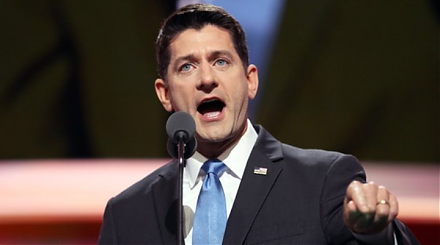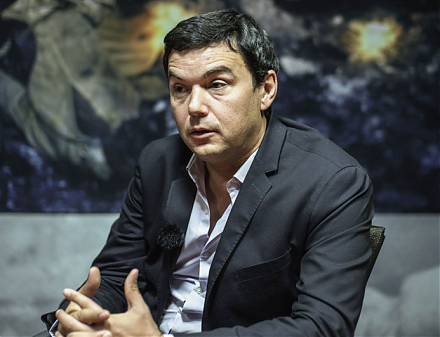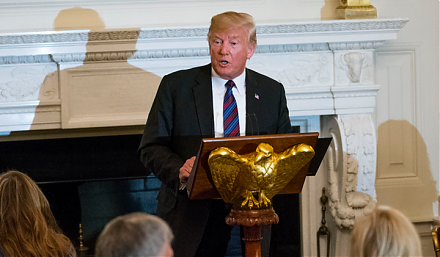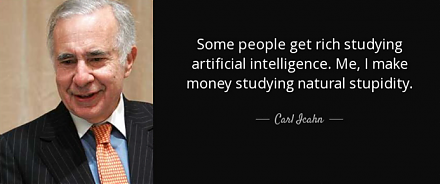

2018-07-05 13:40:00 Thu ET
technology antitrust competition bilateral trade free trade fair trade trade agreement trade surplus trade deficit multilateralism neoliberalism world trade organization regulation public utility current account compliance
U.S. trading partners such as the European Union, Canada, China, Japan, Mexico, and Russia voice their concern at the World Trade Organization (WTO) in light of U.S. tariffs on steel and aluminum. These tariffs can be particularly detrimental to the automobile industry worldwide. This unilateral punitive trade move may disrupt global free trade. Although Canada, Europe, China, and Mexico etc seek to impose retaliatory tariffs on U.S. exports, these retaliatory tariffs are much smaller in scale in comparison to the Trump tariffs. The Trump administration vows to substantially reduce the perennial U.S. trade deficits at least for better mid-term election results, whereas, America's major trading partners may lash back on U.S. car producers.
Overall, 40 countries, of which 28 countries are part of the European Union, uphold the unanimous conviction that the current Trump steel-and-aluminum tariffs violate WTO rules. In recent times, international stock prices dramatically decline as these trade worries exacerbate the adverse inflationary impact of a near-term increase in oil prices.
Tech titans such as Google, Facebook, Twitter, and Apple face sharp share price decreases due to user privacy concerns. Other tech firms from Netflix and Micron to AMD and Nvidia reflect stock market overvaluation and thereby may experience corrective fundamental recalibration.
Traditional industries also experience substantial stock market losses due to steep U.S. bond yield curves, higher energy costs, and greenback gains that might result from the current Federal Reserve interest rate hike. From a macro perspective, a bit of fiscal prudence can help ensure better Ricardian equivalence over time.
If any of our AYA Analytica financial health memos (FHM), blog posts, ebooks, newsletters, and notifications etc, or any other form of online content curation, involves potential copyright concerns, please feel free to contact us at service@ayafintech.network so that we can remove relevant content in response to any such request within a reasonable time frame.
2018-04-11 09:37:00 Wednesday ET

North Korean leader and president Kim Jong-Un seeks peaceful resolution and denuclearization on the Korean Peninsula. When *peace* comes to shove, Asia
2018-05-21 07:39:00 Monday ET

Dodd-Frank rollback raises the asset threshold for systemically important financial institutions (SIFIs) from $50 billion to $250 billion. This legislative
2017-01-11 11:38:00 Wednesday ET

Thomas Piketty's recent new book *Capital in the Twenty-First Century* frames income and wealth inequality now as a global economic phenomenon. When
2018-08-25 12:33:00 Saturday ET

President Trump warns Google, Facebook, and Twitter that these tech titans now tread on troublesome territory. Specifically, Trump accuses Google of rigging
2019-12-07 11:30:00 Saturday ET

China turns on its 5G telecom networks in the hot pursuit of global tech supremacy. China Telecom, China Unicom, and China Mobile disclose 5G fees of $18-$2
2017-11-29 07:42:00 Wednesday ET

The octogenarian billionaire and activist investor Carl Icahn mulls over steps to shake up the board of SandRidge Energy after the oil-and-gas company adopt